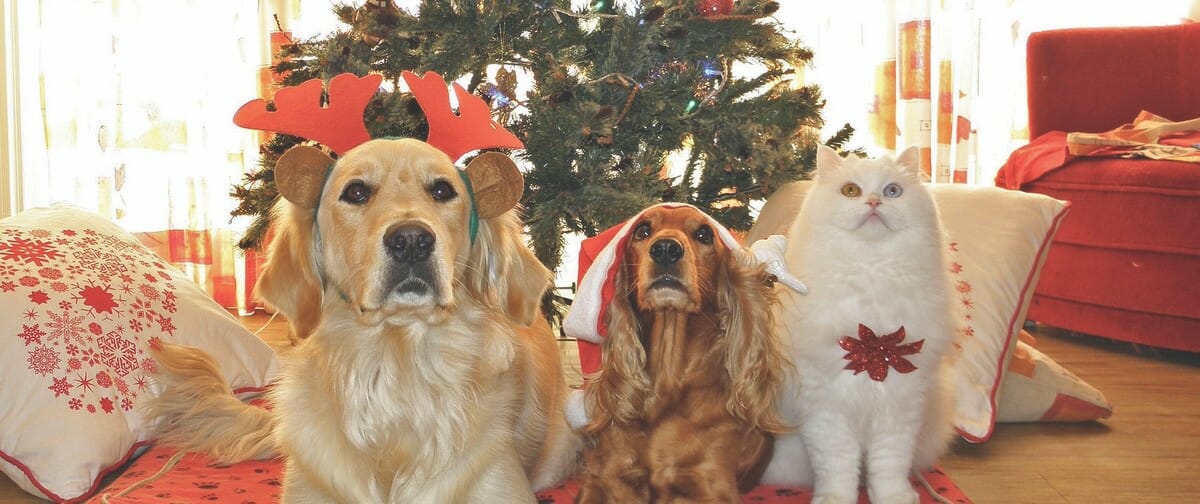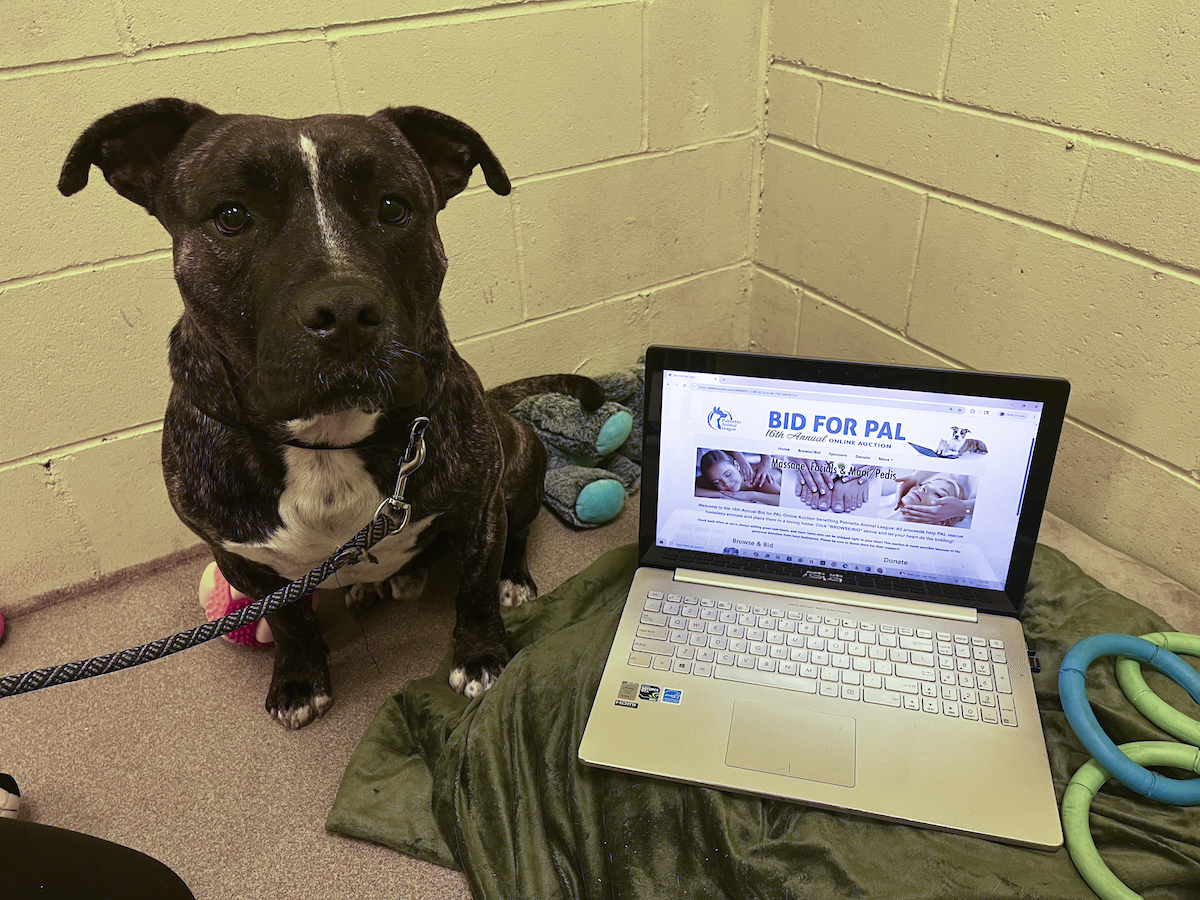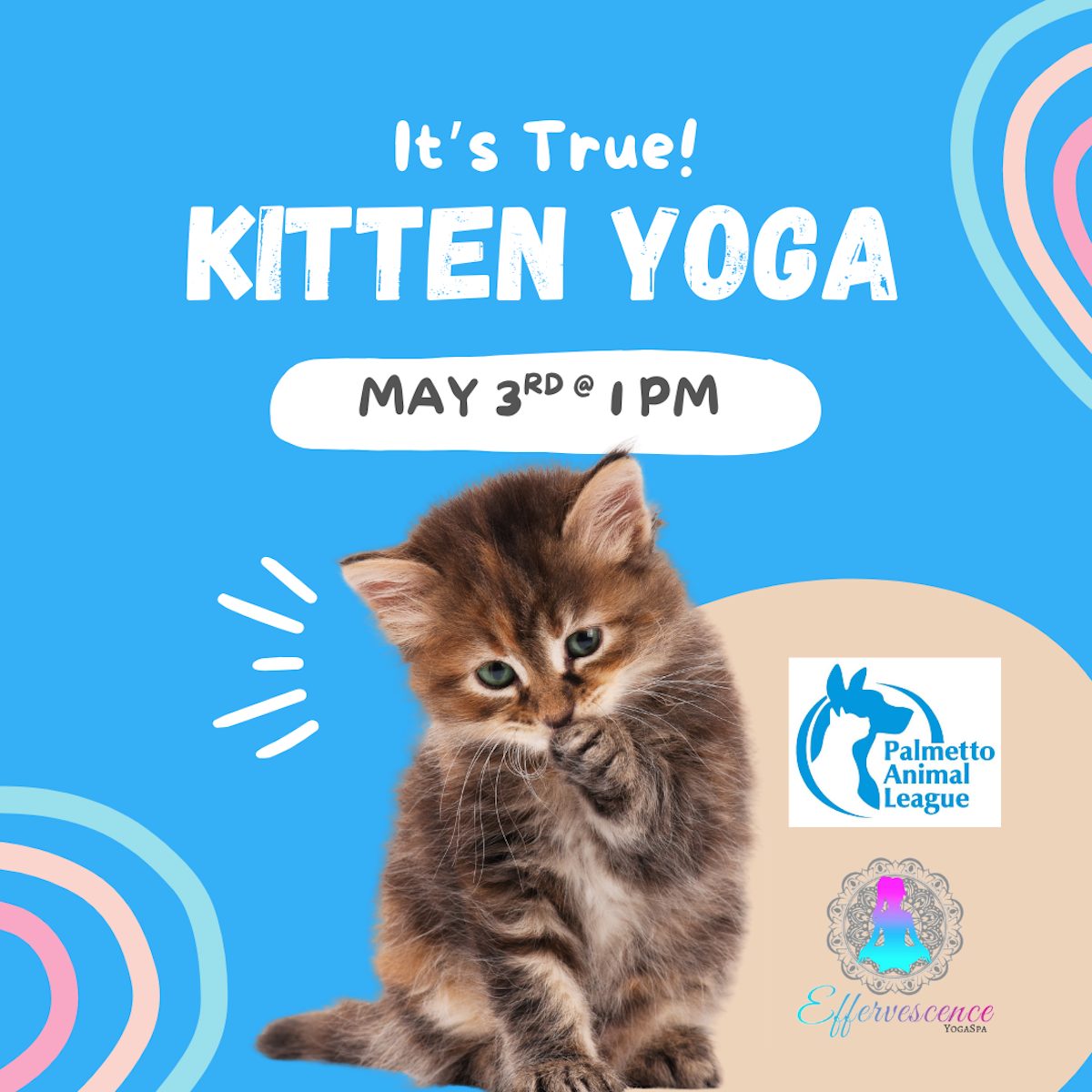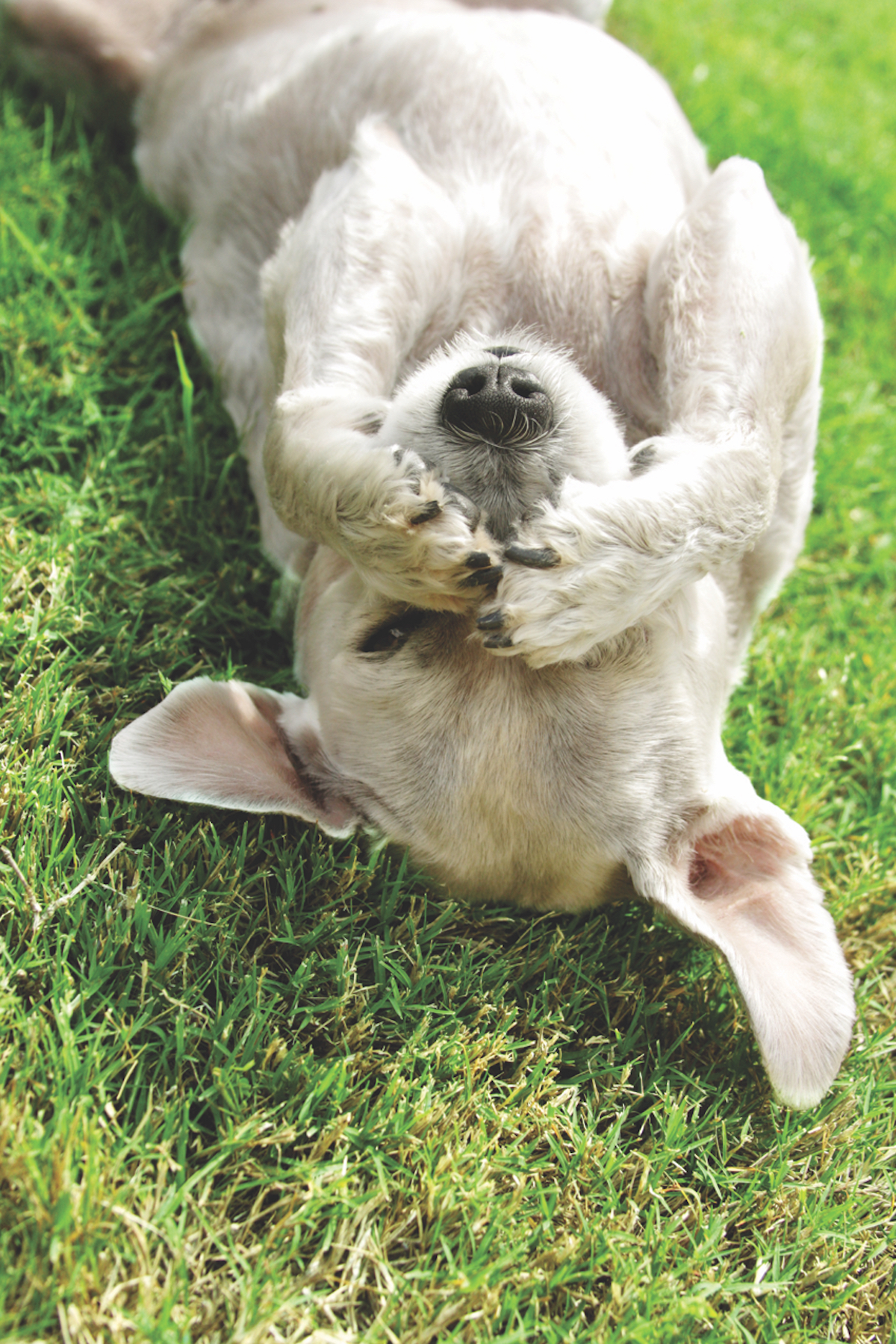By Dr. Parker T. Barker
It’s that wonderful holiday season and sometimes we forget that the plants and other “greens” we put in our houses can cause real harm to our pets and even young children. Dogs eat plants just because they are a dog. Plants have vitamins in them and tend to be helpful to their digestion. That’s why some dogs eat grass. Cats are carnivores so they don’t typically eat plants but they have learned that it can benefit them by binding hair in their stomach and making it easier to regurgitate. And then there is the real answer, “I have absolutely no idea dogs and cats and sometimes children eat plants.”
Like with most things, some of these plants are highly toxic and can cause death and others will just cause mild indigestion and some stomach discomfort. But the smart thing is to know your plants. That will help you put plants out of harm’s way and still keep the house looking festive.
Poinsettia
The most typical plant that you hear about being toxic is a Poinsettia. This has been a consistent worry for many years but it may be slightly overblown as a warming based on new evidence. Today researchers have found the poinsettia plant’s brightly colored leaves contain a sap that is irritating to the tissues of the mouth and esophagus. If the leaves are ingested, they will often cause nausea and vomiting, but it would take a large amount of the plant’s material to cause poisoning, and most animals and children will not eat such a large enough amount because of the irritating taste and feel from the sap.
However, if the plant has been treated with a pesticide, the pesticide can cause more serious problems than ingesting the leaves. The size of your pet and the amount of ingested plant material will be the determining factors how sick your pet will become. Young animals — puppies and kittens — are at the highest risk. Severe reactions to the plant or to the pesticide it has been treated with include seizures, coma, and in some cases, death.
Holly and Mistletoe
Holly and mistletoe are also popular holiday plants. These plants, along with their berries, have a greater toxicity level than the poinsettia. All parts of the mistletoe plant are poisonous, though it is the berries that may be most attractive to young children. Eating 1-2 berries probably won’t cause a problem for a child, but a small pet could be endangered by eating a few leaves or berries. If your child or pet eats mistletoe, it’s a good idea to seek medical advice.
Mistletoe contains multiple substances that are toxic to both dogs and cats. Mistletoe is well known for causing severe intestinal upset, as well as a sudden and severe drop in blood pressure, breathing problems, and even hallucinations. Please keep both of these away from both dogs and cats. And remember holly berries are severely toxic to everybody; pets and children alike so don’t leave them on the floor if they fall.
Lilies and Daffodils
Both lilies and daffodils are popular gift items at this time of year but plants in the lily and daffodil category can be toxic to pets. While lilies are well-known as a serious danger to cats, certain varieties are highly toxic to dogs as well. The peace lily, calla lily, lily of the valley, autumn crocus and the common houseplant, giant Dracaena or palm lily, are all deemed dangerous to dogs by the ASPCA. In cats, Lilium and Hemerocallis genera lilies are the most dangerous – these are typically day lilies. Eating even a small amount of the plant will have a severe impact on a cat’s system, causing severe symptoms such as gastrointestinal issues, arrhythmia, and convulsions. Daffodils are also toxic to both dogs and cats, especially the bulbs.
Amaryllis
The beauty of the flowering Amaryllis is matched only by its toxicity. The bulb of the plant is reputed to be even more dangerous than the flowers and stalk. The Amaryllis also goes by other names, including Belladonna, Saint Joseph Lily, Cape Belladonna, and Naked Lady. Keep both cats and dogs away from this beauty.
The Christmas tree
There are several things you need to be aware of with your Christmas tree that can harm your pets besides your tree climbing cat, ornaments that can fall and break, lights that look like they would be fun to chew and those enticing needles. The oils produced by fir trees can be irritating to a pet’s mouth and stomach, causing excessive vomiting or drooling. The tree needles, meanwhile, may cause gastrointestinal irritation, and can cause a puncture hole in the stomach or intestines. And remember that you need to water your tree during the holidays. If dogs will drink out of a toilet, what is to stop them from sipping the tree water? Christmas tree water can contain bacteria, molds, and fertilizers which can cause your pet to become extremely sick with only a few laps.
Others plants to keep an eye on are Cyclamen and Jerusalem Cherries. Both are poisonous.
So what do you do?
Be careful. Think about where would a safe place be to put a plant that your pet can’t reach. Cats, especially, need to be considered, since they can jump to high shelves. If your cat is a known plant chewer, you will probably be better off choosing imitation plants over the real things. But, if your dog or cat does manage to ingest any part of these holiday plants, call your veterinarian or poison control immediately to find out what you should do to minimize the damage. Common signs to watch for with either a cat or a dog are:
- Excessive drooling
- Lethargy
- Vomiting
- Abdominal pain
- Diarrhea
I recommend you head right to the Vet if you think a plant might be the source for your pet’s condition. Also, know there is a website dedicated to pet poisoning called Pet Poison Helpline which has people on duty 24 hours a day to answer any questions you may have. There is a cost for their counsel but it will give you a place to start if getting to a Vet is problematic. Their phone number is 855-764-7661 and you can find them on the web at www.petpoisonhelpline.com.






